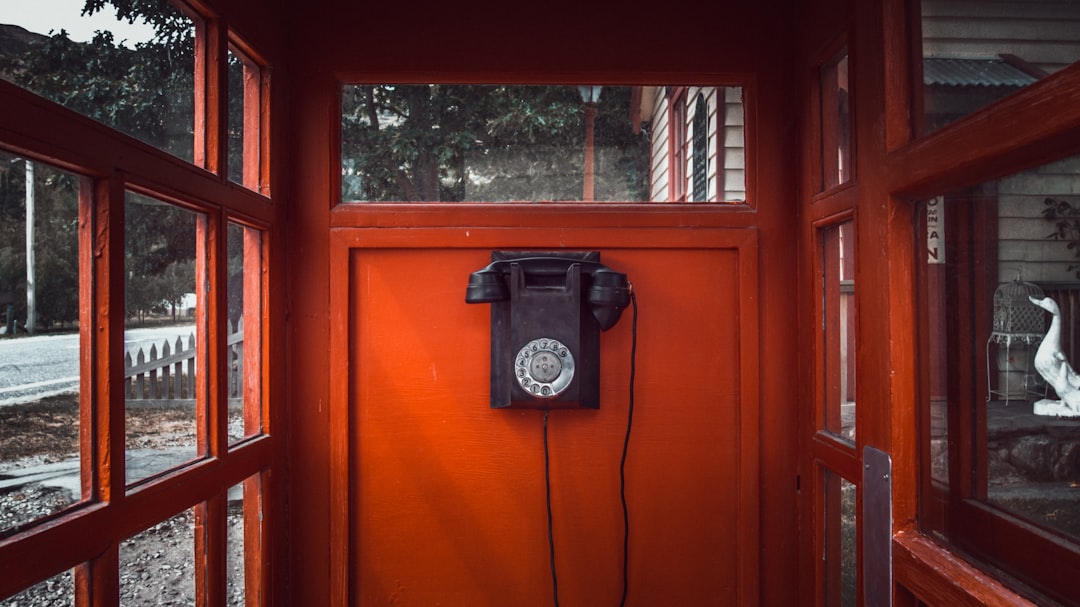In Illinois, the Telephone Consumer Protection Act (TCPA) protects residents from unwanted automated marketing calls (robocalls). Specialized No Call Laws lawyers and law firms help consumers navigate these regulations, offering guidance on complaints and legal action against violators. These attorneys ensure businesses comply with state laws, targeting robocall firms operating in Illinois. Understanding and adhering to No Call Laws is crucial for both businesses and consumers, with legal assistance available for those facing persistent or unwanted phone marketing.
In Illinois, understanding and enforcing your rights under the Telephone Consumer Protection Act (TCPA) is crucial to mitigating unwanted robocalls. This comprehensive guide explores Illinois’ strict no-call laws, empowering residents with knowledge of their protections against intrusive telemarketing practices. From recognizing common scams to filing complaints and seeking legal counsel, we provide essential strategies for navigating this landscape. Discover how a No Call Laws Lawyer or Attorney in Illinois can protect your rights and help stop relentless robocalls, ensuring compliance with the law and peace of mind.
- Understanding Illinois' No Call Laws: A Comprehensive Overview
- Your Rights as an Illinois Resident Against Robocalls
- Common Scams and Violations of the Telephone Consumer Protection Act (TCPA)
- How to File a Complaint Against Telemarketers in Illinois
- The Role of a No Call Laws Attorney in Protecting Your Rights
- Effective Strategies for Stopping Unwanted Calls in Illinois
- Penalties and Remedies for Violators: What You Need to Know
- Choosing the Right Law Firm for Robocall Legal Services in Illinois
Understanding Illinois' No Call Laws: A Comprehensive Overview
In Illinois, the No Call Laws are a comprehensive set of regulations designed to protect residents from unwanted telephone solicitations and robocalls. These laws, strictly enforced by the Attorney General’s Office, prohibit companies and organizations from making automated calls or using prerecorded messages for marketing purposes unless specifically consented to by the consumer. A “No Call” request can be made at any time, and it applies to both live operators and recorded messages, covering landlines as well as mobile phones.
Violations of these laws can result in significant penalties, including substantial fines. Consumers who believe their rights have been violated can file a complaint with the Attorney General’s Office or seek legal assistance from one of the many No Call Laws lawyers or law firms based in Illinois. These attorneys specialize in representing clients affected by robocalls and ensuring that businesses adhere to state regulations, providing a crucial resource for residents looking to protect their privacy and peace of mind.
Your Rights as an Illinois Resident Against Robocalls
Common Scams and Violations of the Telephone Consumer Protection Act (TCPA)
In Illinois, the Telephone Consumer Protection Act (TCPA) safeguards consumers from unwanted telephone solicitations and robocalls. Common scams and violations include excessive or unsolicited telemarketing calls, automated messages used for marketing purposes, and calls made to numbers on the National Do Not Call Registry. Many of these violations are committed by companies using automated dialers, often leading to legal repercussions for the offenders.
Lawyers specializing in No Call Laws in Illinois are adept at handling cases involving TCPA breaches. They help clients who have received unwanted robocalls or marketing calls, offering guidance on legal options and potential compensation. These attorneys work with individuals and businesses to ensure compliance with state laws and protect consumer rights. If you suspect a violation of your rights under the TCPA, consulting a No Call Laws attorney in Illinois could be beneficial to explore your legal remedies.
How to File a Complaint Against Telemarketers in Illinois
The Role of a No Call Laws Attorney in Protecting Your Rights
When dealing with persistent or unwanted telephone calls, especially from automated systems or robocalls, knowing your rights under the Telephone Consumer Protection Act (TCPA) is paramount. In Illinois, as in many states, there are strict regulations in place to protect consumers from excessive and harassing phone marketing. A crucial ally in navigating these complex laws is a specialized No Call Laws Attorney—a legal expert who has in-depth knowledge of the TCPA and its implications for residents across the state.
These attorneys, often affiliated with reputable law firms specializing in robocall law, play a vital role in ensuring your rights are upheld. They can provide guidance on when and how to file complaints, helping you seek damages if appropriate. With their expertise, they navigate the legal intricacies to protect you from violators who may be ignoring or misinterpreting the No Call Laws. Engaging such a lawyer is particularly beneficial when dealing with persistent robocallers, as it sends a strong message that such actions will not be tolerated and can result in significant consequences for the offenders.
Effective Strategies for Stopping Unwanted Calls in Illinois
Penalties and Remedies for Violators: What You Need to Know
Choosing the Right Law Firm for Robocall Legal Services in Illinois
When seeking legal assistance regarding robocalls and the enforcement of Illinois’ No Call Laws, choosing the right law firm is paramount. You’ll want a reputable No Call Laws lawyer or attorney in Illinois who specializes in this area, as it involves complex regulations and strict penalties. Look for a robocall law firms with a proven track record of successfully defending clients’ rights against unwanted telemarketing calls.
Consider their experience handling similar cases, the approach they take to client communication, and whether they offer free consultations. Ensure that the firm stays updated on changes in the No Call Laws and uses innovative strategies to protect your interests. Choosing the right legal representation can make a significant difference in the outcome of your case and ensure your rights are fully protected under Illinois law.






